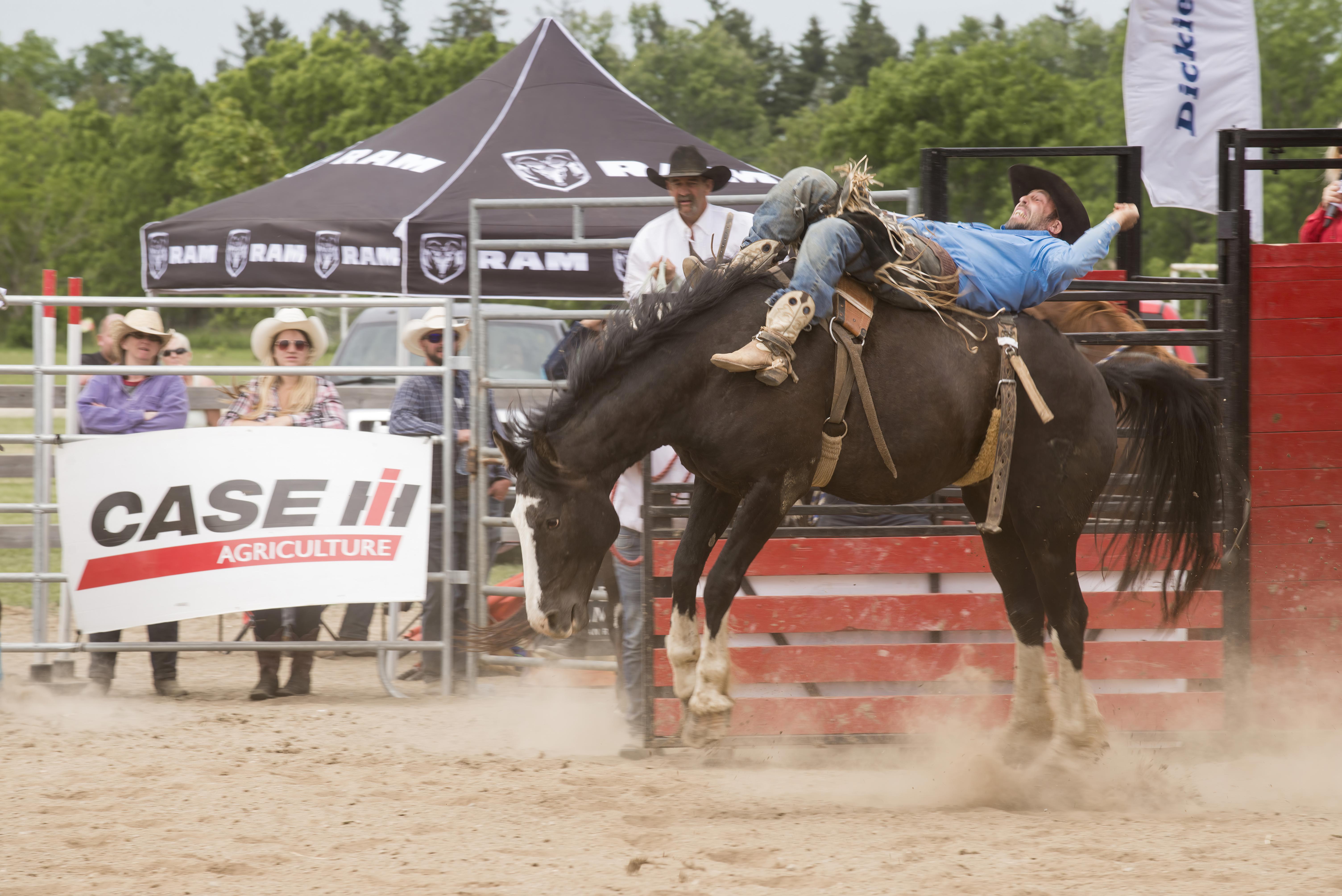As the warm weather of summer approaches, it’s important to remember to protect our skin from the sun’s harmful UV rays. But what about our four-legged friends?
In this blog post, we’ll explore the dangers of sun exposure for horses, and how you can keep your equine friend safe this summer.
Sunburn risk factors for horses

Horses are majestic creatures, and they can be just as susceptible to sunburns as humans. Sunburns can be extremely painful, and if left untreated, can cause serious health complications. To prevent sunburns in horses, it’s important to be aware of the risk factors that can increase their chances of getting burned.
To prevent sunburns in horses, it’s important to be aware of the risk factors that can increase their chances of getting burned. Horses with light-colored coats or with thin manes and tails are more susceptible to sunburns. Horses with white markings, such as on their faces and legs, are also more vulnerable to sunburns.
Additionally, horses that are clipped or shaved can be at an increased risk of sunburns, as their skin is more exposed. Finally, horses that are often out in the sun for extended periods of time can also be more prone to sunburns.
By understanding these risk factors, you can take the necessary steps to protect your horse from sunburns.
Signs of sunburn in horses
Yes, horses can get sunburned just like humans! Sunburns in horses typically appear as pink or reddened patches of skin on the horse’s body, particularly on areas with thinner fur or no fur at all such as the muzzle, ears, and around the eyes.
Other signs of sunburn in horses include irritation, blistering, and inflammation. Horses at an increased risk of sunburn are those with light-colored or white coats and horses with minimal or no fur. To protect horses from sunburn, provide shelter or shade, apply sunscreen to areas with thin fur, and limit the horse’s exposure to direct sunlight.
Prevention of sunburn in horses
Can horses get sunburned? Absolutely. Horses can be susceptible to sunburn and other skin conditions due to their thin coats and exposed skin.
It is important to take preventive measures to ensure that horses are not exposed to too much sun. These can include providing proper shade, using sunscreen, and even using protective blankets or clothing.
Taking the time to protect horses from sunburn can help ensure they stay healthy and happy.
Treating sunburn in horses
It’s common knowledge that human skin can be burned by the sun, but did you know that horses can get sunburned too? Yes, horses are just as susceptible to the harmful UV rays of the sun as humans, so it’s important to take measures to protect them from the sun’s damaging effects.
Sunburn in horses can be more than just uncomfortable, it can also cause lesions, crusting, and even skin cancer, so it’s important to take steps to prevent it. Treating sunburn in horses involves providing them with adequate shade and sun protection, as well as using topical products to help soothe the skin.
Long-term effects of sunburn in horses
Horses are susceptible to sunburn just like humans, and it can cause them long-term discomfort and health problems. Sunburn in horses can have serious effects on their skin, including inflammation, blisters, and red or pink patches of skin. In extreme cases, it can even lead to hair loss and skin cancer.
Sunburn is especially dangerous for horses with lighter skin, so it’s important to provide adequate shade and sunscreen to protect them from the sun’s harmful rays. To avoid sunburn in horses, it’s important to limit their time in the sun, provide adequate shade and shelter, and use sunscreen when necessary.
With these preventative measures, you can help keep your horse healthy and comfortable for years to come.
Bottom Line
In conclusion, horses can get sunburned and it is important to take steps to protect them from UV rays. Sunscreen, fly masks, and shade are all effective ways to ensure that your horse is protected from the sun’s rays. Additionally, it is essential to recognize the signs of sunburn in horses, as it can cause them discomfort and lead to more serious skin conditions.
Additionally, it is essential to recognize the signs of sunburn in horses, as it can cause them discomfort and lead to more serious skin conditions. Taking the necessary steps to protect your horse from sunburn can help ensure their skin stays healthy and comfortable.